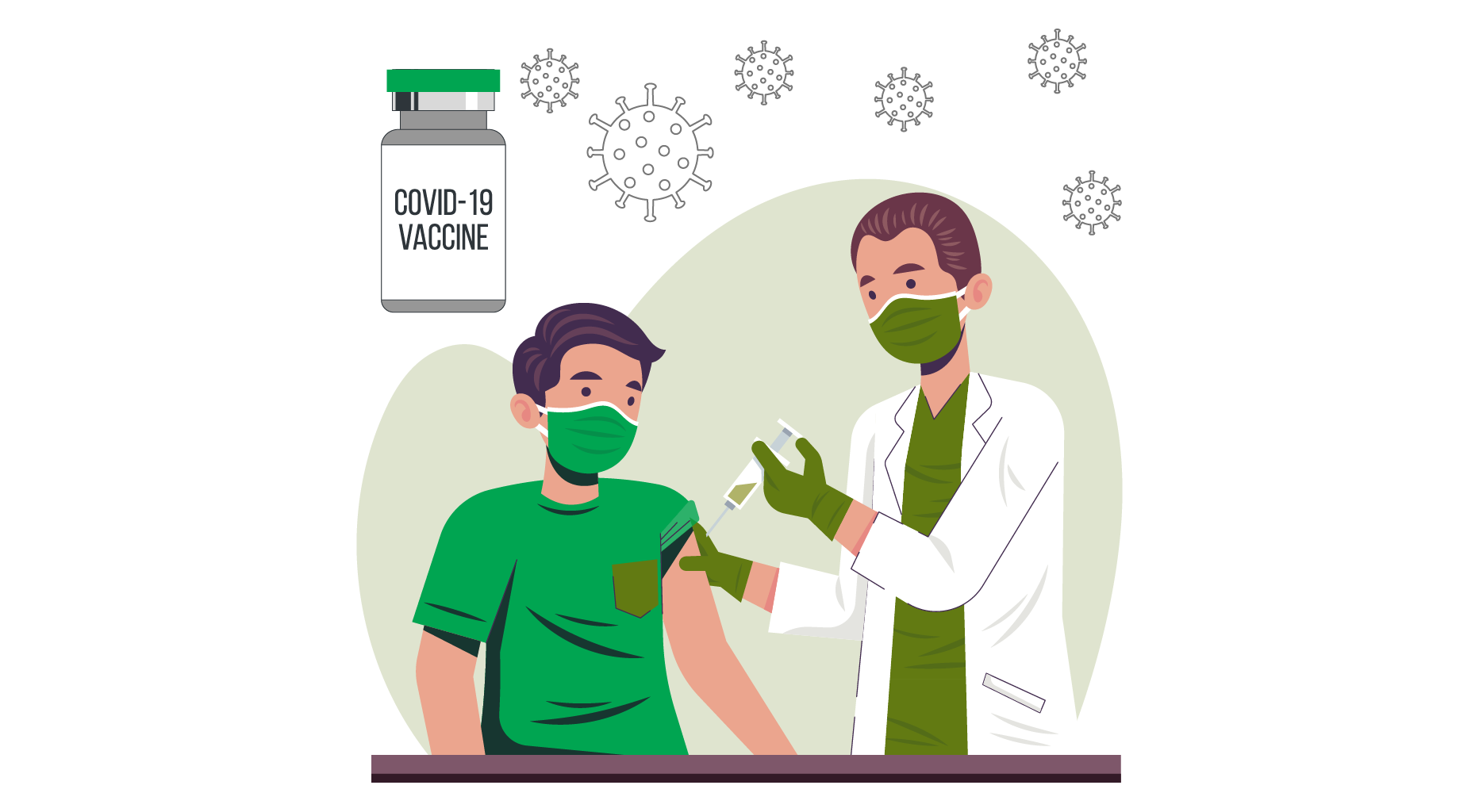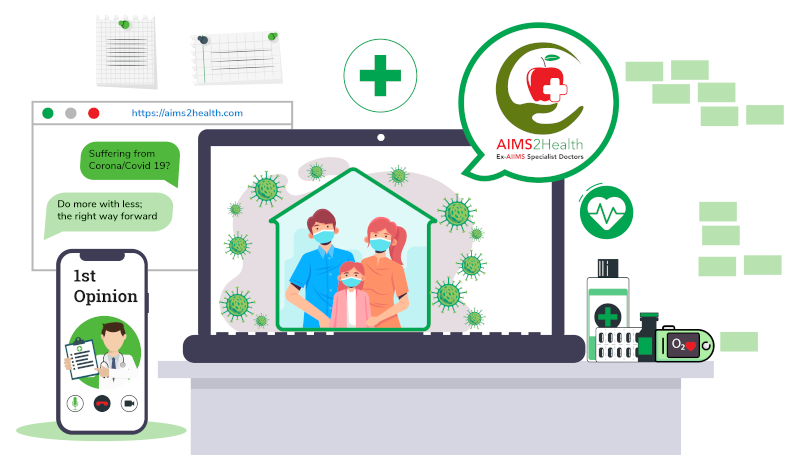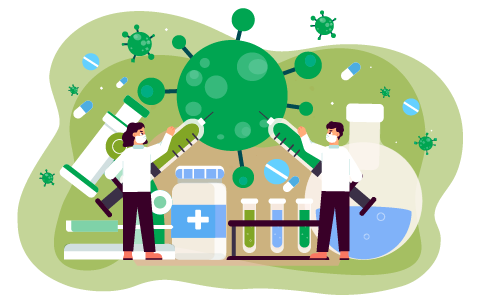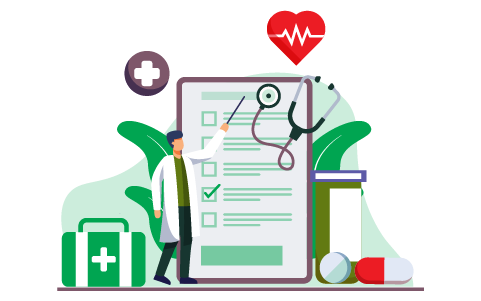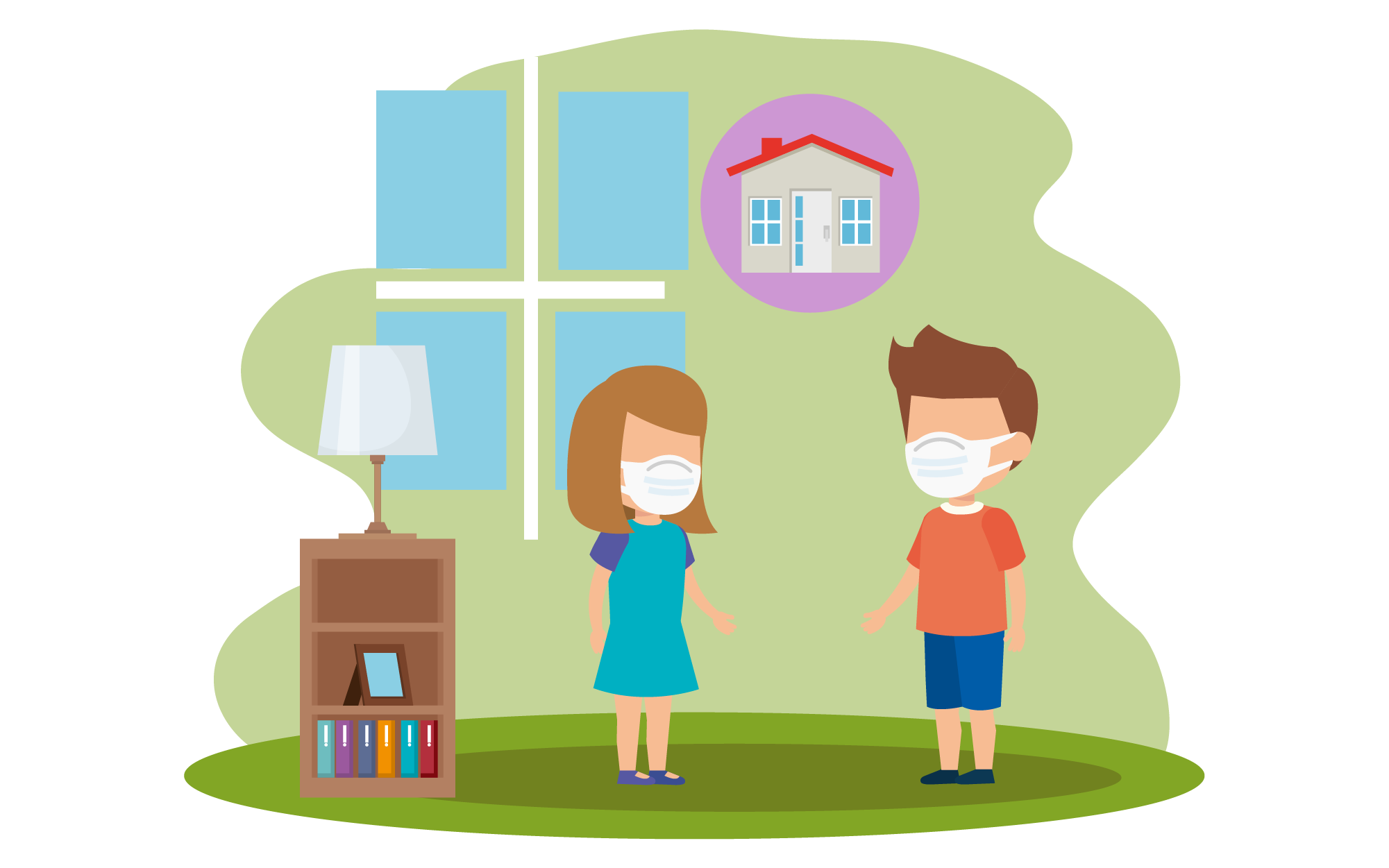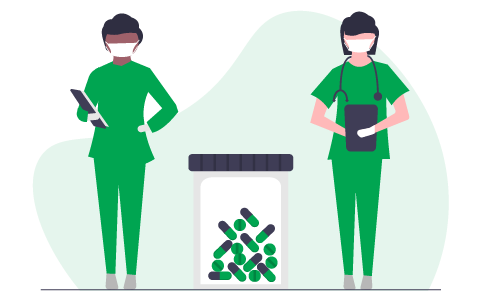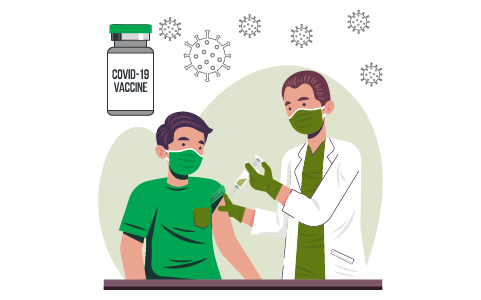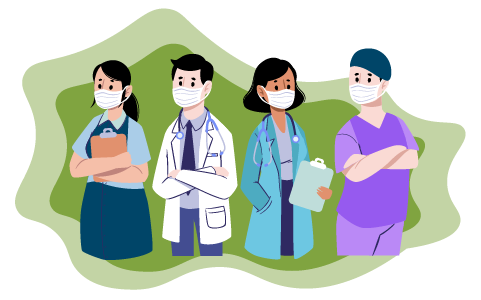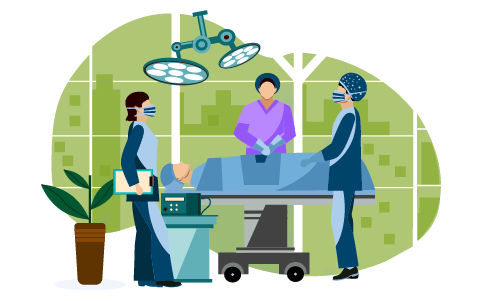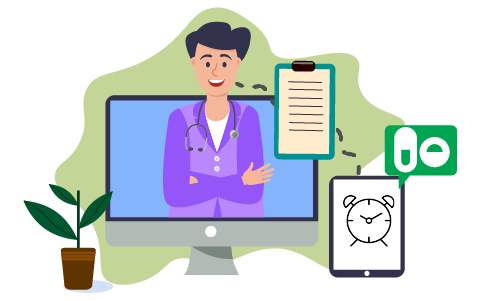Followup after covid vaccination
If you received the second dose of Corona Vaccine at least two weeks back, You are now considered “fully vaccinated.” You are armed with the best weapon against a virus that has killed millions of people worldwide and upset our lives in unimaginable ways. That calls for celebration. But it's important to remember that the coronavirus is still rampant and the majority of our countrymen are unvaccinated — so you have to be cautious and to protect yourself and the people around you. Here are things you should know now that you've been vaccinated.
You still need to use a mask
The coronavirus is still rampaging and new and more contagious variants and mutants have emerged. So wearing masks and social distancing are still important to slow its spread until we can reach herd immunity — when an estimated 70 to 85 percent of the population is vaccinated. Masking will also help slow the spread of coronavirus variants — and prevent the emergence of new ones — because the virus can't mutate if it is not spreading.
You can visit friends and family
Fully vaccinated people can gather indoors with others who are also fully vaccinated, without wearing masks
or physical distancing if you choose, because the chance of anyone getting infected would be remote.
It is still recommended to avoid medium-size and large gatherings.
You don't require quarantine after exposure
You do not have to quarantine or get tested after an exposure to someone with the coronavirus, as long as you are asymptomatic. If you develop a cough, fever, shortness of breath, diarrhoea or other symptoms of COVID-19, however, you should get tested.
You could catch COVID-19
Although all the vaccines authorized for emergency use were found to be highly effective against severe
disease and death from COVID-19, there's still a chance you could get infected with the virus.
The vaccines were about 90 percent effective in preventing symptomatic COVID-19 after two doses in clinical
trials. The whole point of a vaccine is that it prevents you from dying or ending up in the hospital.
Others can be Infected
There's also a small chance that you could get infected with the virus without any symptoms, and then you could infect those who are not vaccinated. Researchers are still studying whether the vaccines prevent the asymptomatic spread of the virus; early data indicates that they likely do. But the evidence is preliminary and more research is needed.
Travel is still risky
In terms of travel, here's what we know: Every time that there's a surge in travel, we have a surge in cases in this country. We know that many of the variants have emerged from international places like the UK and South Africa, and we know that the travel hub is a place where people are mixing a lot.
A booster shot may be required
There are two reasons why we might need a booster shot: If our immunity wears off naturally or if the virus mutates so much that the immunity from the current vaccines proves insufficient. We still don't know how long immunity from the vaccines will last. There are chances that we will have to get a new kind of COVID-19 vaccine shot regularly, perhaps once every year, like the flu shot.
Return to normalcy depends on herd immunity
Before life can get totally back on track, we need to reach herd immunity — when enough people are vaccinated to effectively stem the spread of the virus. That might not happen till early 2022. It will depend on the percentage of the population willing to get the jab, how quickly children are vaccinated and how well the vaccines work against more infectious mutants of the virus.
** Above information is based on guidelines of Center for Disease Control